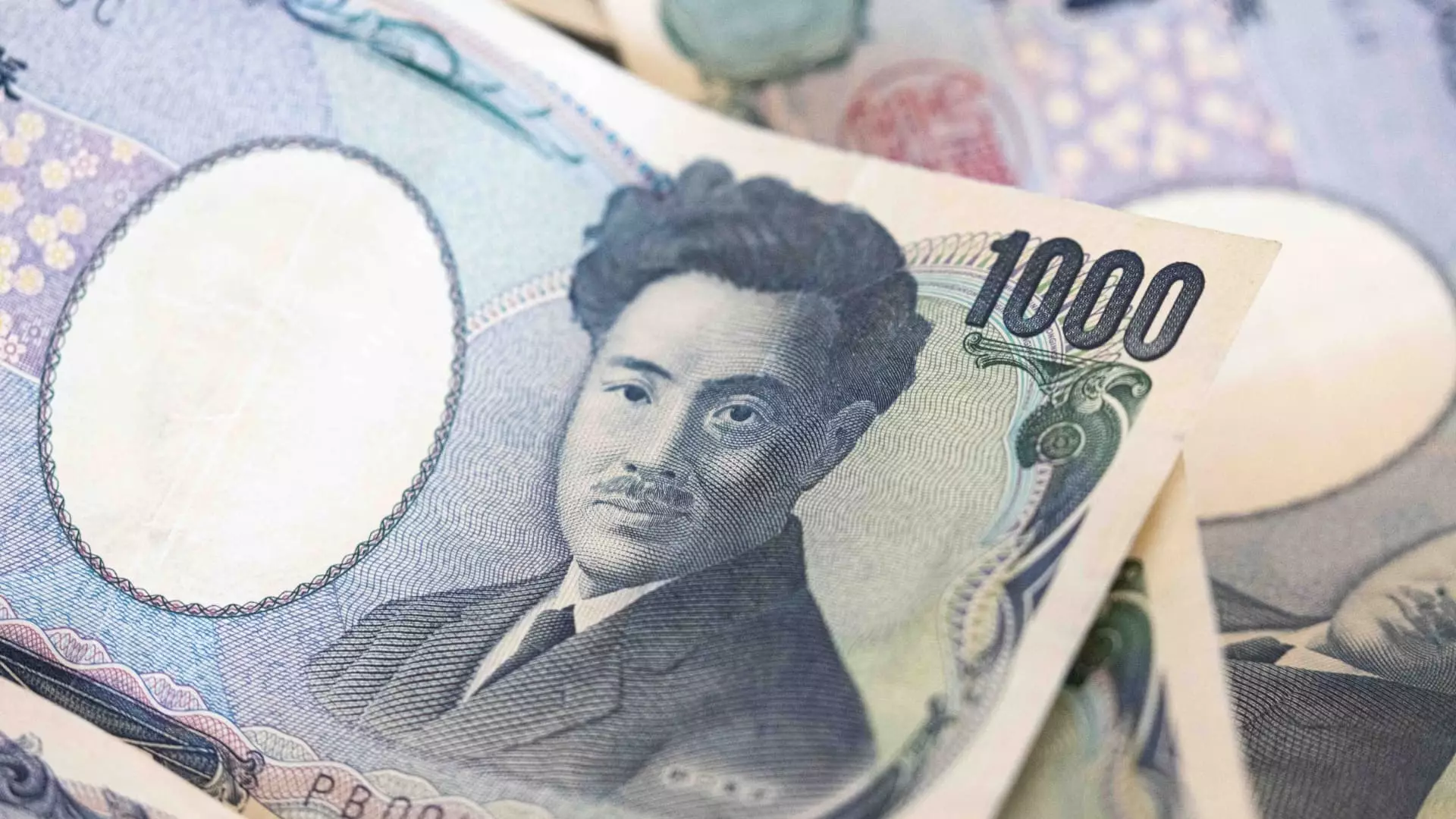In recent trading, the Japanese yen has weakened significantly against the U.S. dollar, reaching a low of 160 before rebounding slightly to around 156.5. These fluctuations have caught the attention of market watchers and raised concerns among Japanese authorities about the potential impact on the economy.
The Bank of Japan (BOJ) has refrained from taking official action to bolster the yen, despite warnings against “excessive” moves in the currency. Officials have expressed a preference for addressing volatility rather than specific exchange rate levels. The BOJ has maintained its stance following the end of a negative interest rate regime in March and a recent adjustment in inflation expectations for fiscal 2024.
Vincent Chung, a portfolio manager at T. Rowe Price, has noted the gradual pace of the yen’s depreciation and predicted a measured response from Japanese authorities. Other experts, such as Frederic Neumann of HSBC, have emphasized the importance of monitoring the yen’s weakening trajectory rather than intervening based on a predetermined threshold. Jesper Koll, an expert director at Monex Group, has warned against premature intervention, suggesting that significant currency movements may prompt action from Japanese officials.
The recent weakness in the yen has raised concerns about the potential economic consequences for Japan. While yen depreciation may have positive effects on stock performance and corporate wage increases, there are also risks associated with a sustained weakening of the currency. Speculators are closely watching for signals from the Federal Reserve regarding interest rate cuts and from BOJ Governor Kazuo Ueda regarding inflation concerns.
Looking ahead, the trajectory of the yen against the U.S. dollar remains uncertain. Speculation about potential intervention by Japanese authorities and the impact of global economic factors on currency markets continue to drive market sentiment. Investors and analysts will be closely monitoring upcoming central bank meetings for any signals that may signal a shift in currency policy.
Overall, the recent fluctuations in the Japanese yen against the U.S. dollar have highlighted the challenges faced by currency markets in a changing global economic landscape. The response of Japanese authorities and the impact on various sectors of the economy will be important factors to watch in the coming weeks and months. The interconnectedness of global financial markets underscores the need for a coordinated approach to managing currency fluctuations and ensuring stability in the broader economy.


Leave a Reply